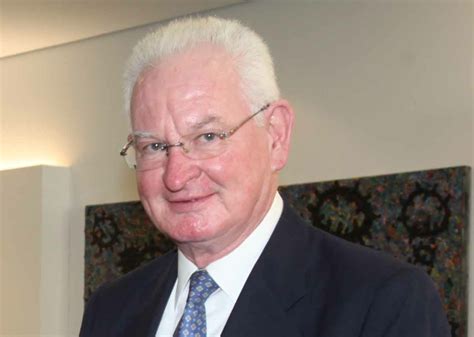A Quote by Gita Gopinath
Emerging market and developing economies have benefited from monetary easing in major economies but have also faced volatile risk sentiment tied to trade tensions.
Related Quotes
Growing economies are critical; we will never be able to end poverty unless economies are growing. We also need to find ways of growing economies so that the growth creates good jobs, especially for young people, especially for women, especially for the poorest who have been excluded from the economic system.
Global central banks are working hard to lift their economies through an aggressively easy monetary policy. The ECB [European Central Bank] and BOJ [Bank of Japan] are buying tens of billions of bonds and other financial securities each month in an effort to stimulate their economies, which is pushing down rates everywhere, including in the U.S.
In the model that we grew up with, governments rule physical territory in which national economies function, and strong economies support hegemonic military power. In the new model, already emerging under our noses, economic decisions don't pay much attention to national sovereignty in a world where more than half of the one hundred or two hundred largest economic entities are not countries but companies.



































